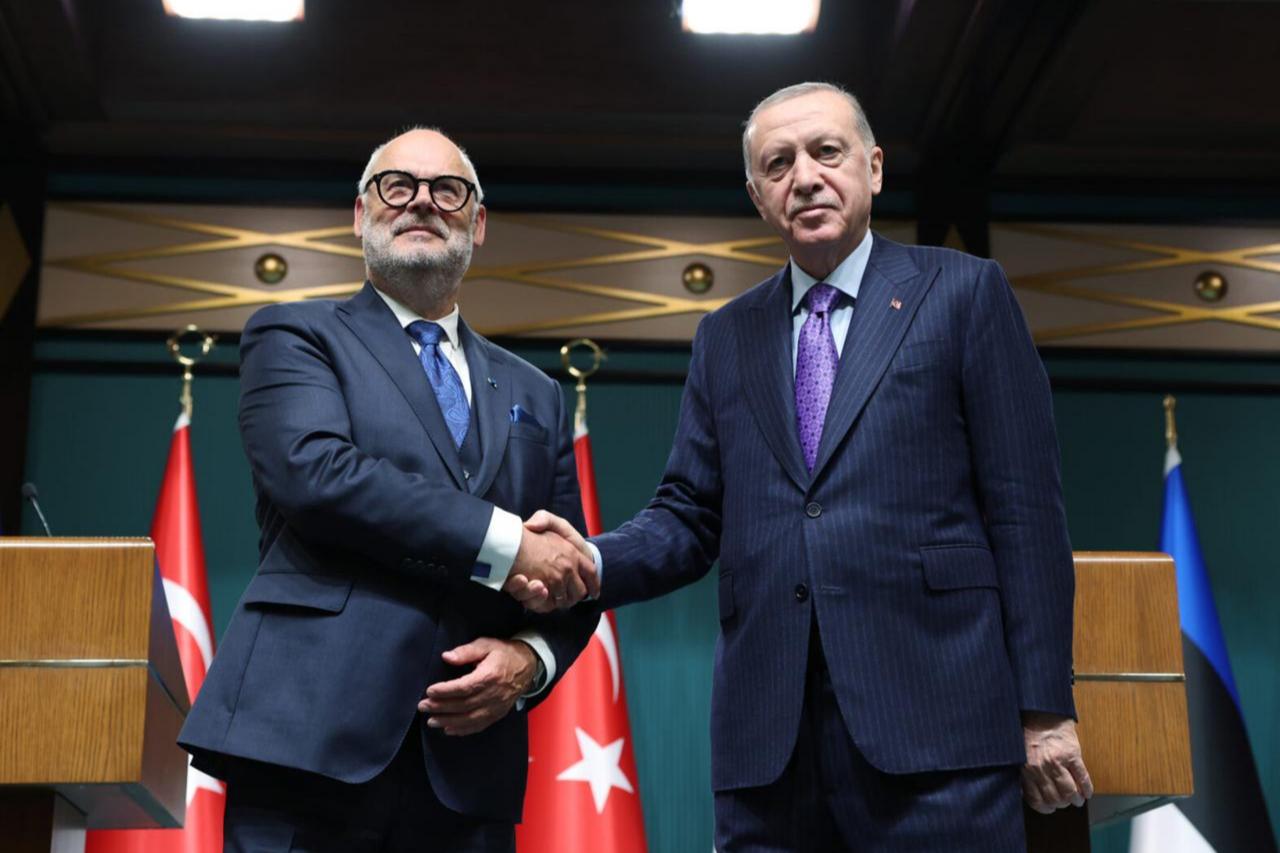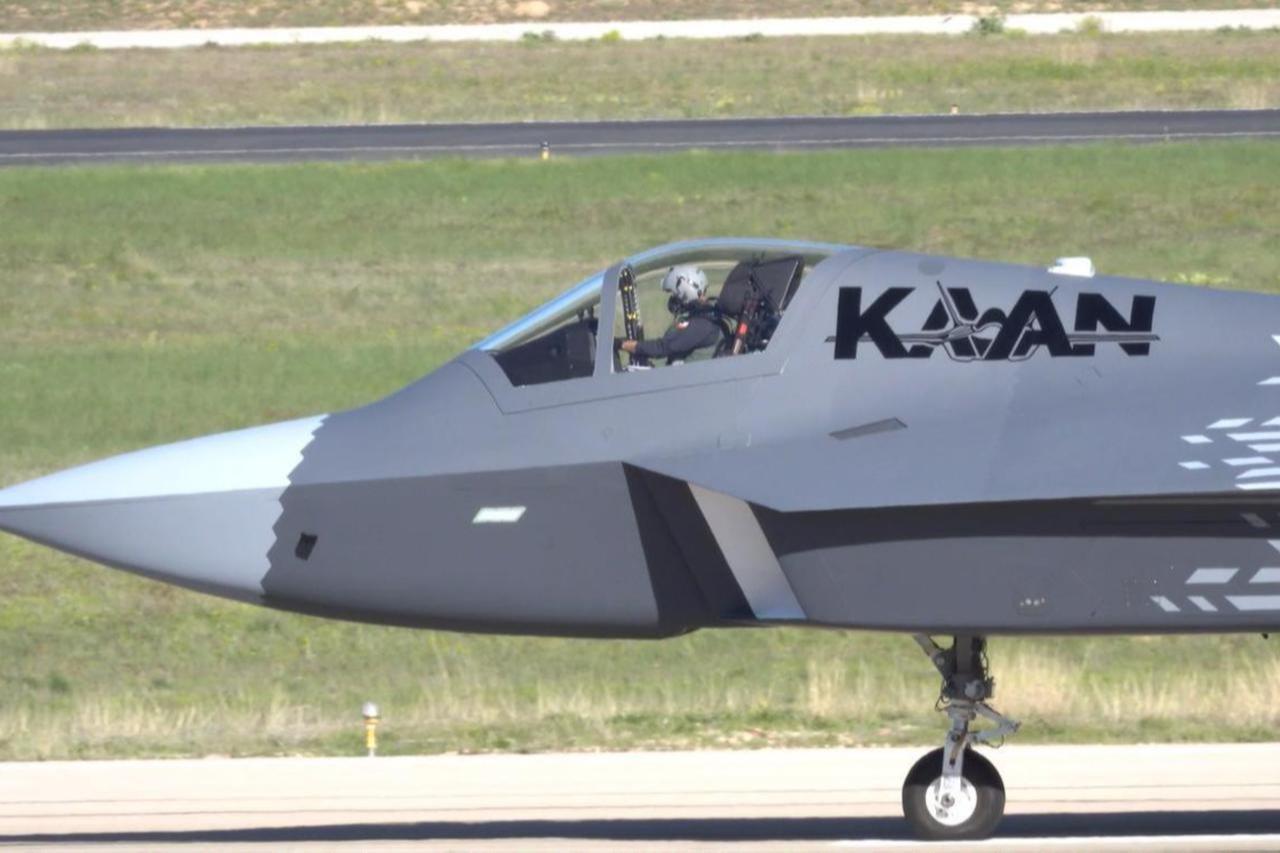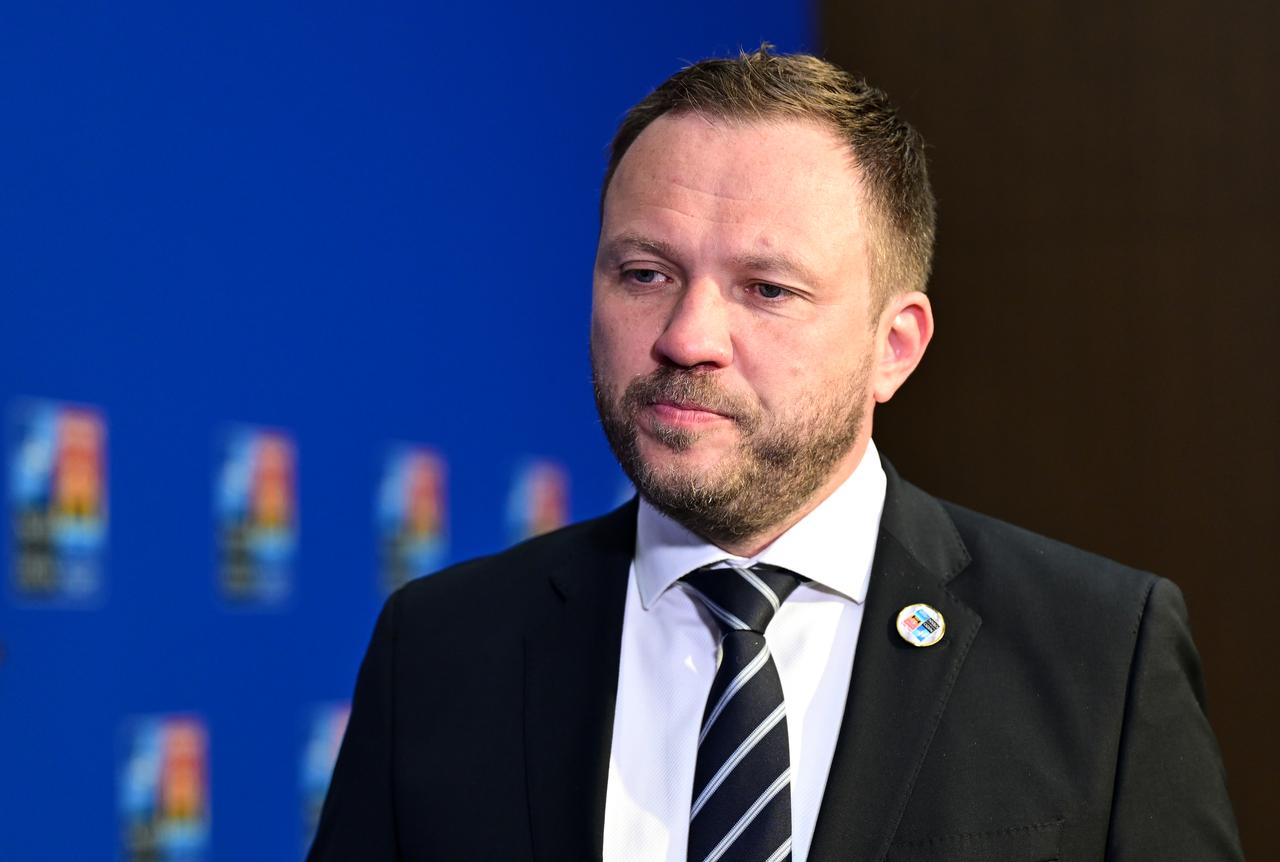
Estonia's foreign minister announced Saturday that Türkiye has emerged as one of the Baltic nation's largest defense procurement partners, marking a significant shift in Estonia's military supply chain as tensions with Russia persist.
Foreign Minister Margus Tsahkna, speaking to Anadolu, described Türkiye as "a very important and very strong strategic partner on security and policy levels," highlighting expanding cooperation that extends beyond traditional diplomatic channels into defense manufacturing and military operations.

Turkish fighter jets are scheduled to participate in the Baltic Air Policing mission next year, continuing Ankara's contributions to NATO operations in the region. The mission, which helps protect the airspace of Estonia, Latvia and Lithuania—none of which operate their own fighter aircraft—has taken on heightened importance following recent airspace incidents.
The expanded defense relationship comes as Estonia confronts ongoing security challenges on NATO's eastern flank. Tsahkna cited a recent alleged violation of Estonian airspace by three Russian fighter jets, which prompted Tallinn to invoke NATO's Article 4 consultations. The incident followed what he described as alleged Russian drone strikes on Poland.
"We have maybe something new on the defense industry level. Because Estonia is buying lots of military equipment from Türkiye," Tsahkna said, adding that "Türkiye is a very reliable partner as well."

Estonia is pushing for Türkiye's inclusion in European defense initiatives, particularly the SAFE program—the European Security Action Program. "The Estonian position has been very clear that Türkiye must be part of these programs. For Europe, but also for Ukraine," Tsahkna said.
The Estonian government is also advocating for Türkiye to access frozen Russian assets totaling more than €200 billion for military support or investment related to Ukraine. Decisions on the use of these funds are expected soon at the EU level, according to Tsahkna.
Beyond military hardware, Tsahkna emphasized Türkiye's diplomatic positioning. Following a visit to Azerbaijan last week, he said Türkiye is "strongly supporting" peace efforts between Azerbaijan and Armenia, while also backing strategic trade corridor investments.
"Türkiye plays a very important role in stabilizing the situation in the region," Tsahkna said, noting Türkiye's involvement in multiple regional flashpoints including the Russia-Ukraine conflict and the Gaza crisis.
On the Middle East, Tsahkna said Estonia and Türkiye share the same vision for a two-state solution to the Israeli-Palestinian conflict. He described the situation in Gaza as a "humanitarian catastrophe," noting that while a ceasefire and hostage exchanges represented important steps, the truce "is not holding as well as we would like."
Estonia has provided humanitarian assistance through the UN agency for Palestinian refugees and other organizations, though Tsahkna acknowledged that "it is really hard to deliver any kind of humanitarian support" given conditions in the territory. "We are deeply concerned about Gaza and the Palestinian people who are suffering there," he said.
The deepening partnership also includes economic and cultural dimensions. Turkish destinations remain popular among Estonian families, particularly during harsh winter months, Tsahkna noted.
Describing the scope of bilateral cooperation, Tsahkna said discussions with Türkiye continue on practical matters including sanctions pressure on Russia, energy cooperation, and broader European defense coordination. He added that Estonia considers itself Türkiye's "best friend" within ongoing European discussions about the partnership's future direction.